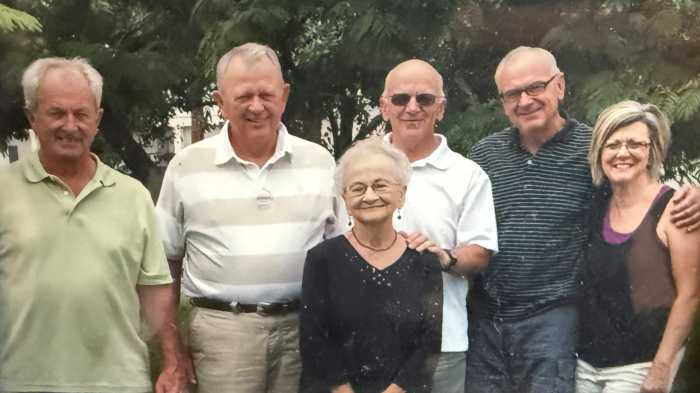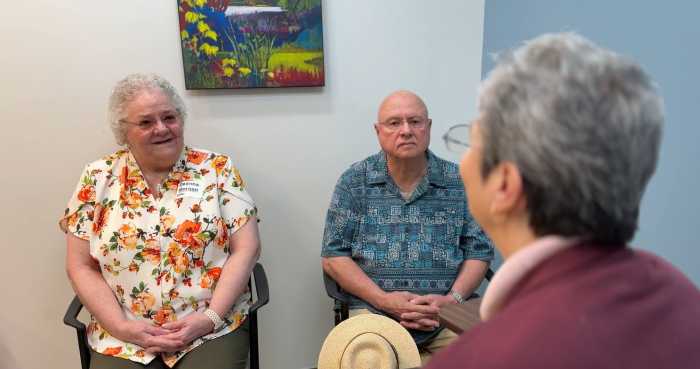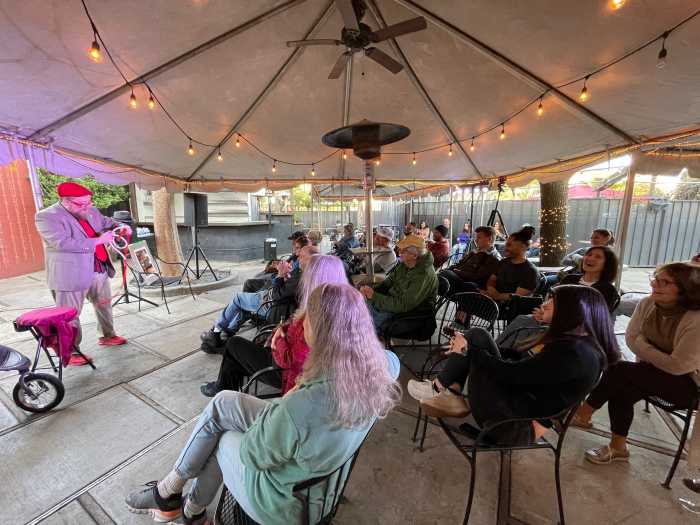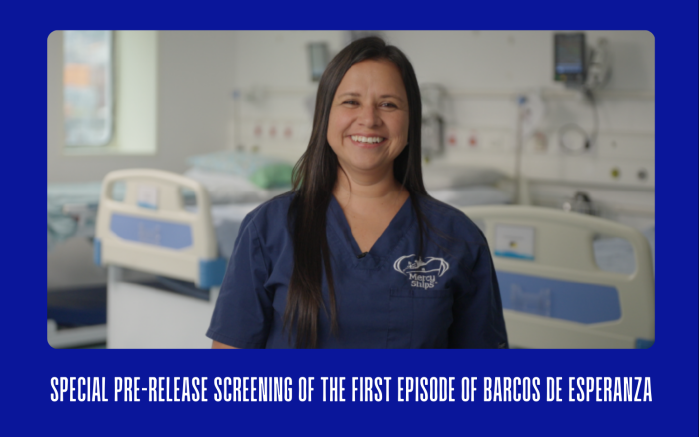For decades, Livengrin Foundation has been renowned for its dedication to personalized, private treatment for addiction, detoxification and healing, along with an eye toward recovery and rehabilitation.
Livengrin is also devoted to new advancements in the medical field working to combat addiction to alcohol and drugs.
Take the research journey of Dr. James W. Cornish, the Medical Director at Livengrin Foundation. Before he came to Livengrin, Cornish was an important part of the University of Pennsylvania’s Research Center’s discovery of Naltrexone as a treatment for alcoholism and drug abuse.
Cornish continues to keep his ear to the ground when it comes to new ways and new cures.
“I’m getting a strong, early signal, now, that there is a connection between weight loss drugs and alcoholism,” says Cornish after having spent time at the American Psychiatric Association’s annual meeting and its focus on addiction. During that conference, researchers discussed available evidence that weight loss drugs in the GLP-1 category (names such as Ozempic, Wegovy and Semaglutide) may soon become FDA-approved medication for alcoholism.
“One set of information comes from animal studies, which is how and where Penn concluded that Naltrexone would work as a treatment for alcoholism and decreasing drinking behavior,” says Cornish. “When we hear that GLP-1 has a beneficial effect on drinking activity, that’s important.”
Cornish goes on to say that several people at Livengrin who are taking GLP-1 weight loss drugs report that alcohol doesn’t taste the same, eschews any appetite for drinking, and – so far – is devoid of any nasty side effects.
“It is important, too, to emphasize to people who are losing weight with GLP-1’s to have a target weight before they start, and to eat while taking GLP-1’s because they do cut down one’s appetite,” says Livengrin’s medical director.
Cornish notes that any medical breakthrough regarding alcoholism is important. At this time, there are only three known FDA-approved curatives: Disulfiram (Antabuse), which causes nausea and vomiting for those who continue drinking while on the medication; Acamprosate (Campral), and Naltrexone (mostly by Vivatrol injection).
“Naltrexone is effective in about 60 to 70 percent of the people treated for alcoholism, and was originally used for opioid use disorder as a blocker,” he says. “If someone is on Naltrexone, and takes any opioid, they’d feel no effect. But, they need to wear a bracelet explaining that to doctors or emergency workers, in case they are injured and need treatment.”
Additionally, Cornish, expects that the alcohol-effecting GLP-1s could be FDA-approved within several years.
“So far we have animal studies and anecdotal reports from people,” he says. “But human studies can be ramped-up quickly – so to gather all necessary evidence – and could be on the market within two years. As soon as some doctors see positive results in humans, some prescribers will go ahead and use GLP-1’s for alcohol addiction as there are no restrictions for use of the medication, off-label.”
While Cornish makes it clear that neither he nor Livengrin can currently prescribe GLP-1s for the purpose of quelling one’s taste for, and-or desire towards alcohol, the medical director does wish to share this information with his patients and Metro Philadelphia readers.
“We’re very interested, at Livengrin, in also starting a weight loss program, and to use some of these drugs,” adds Cornish. “In particular, we find that a number of our patients are distressed and depressed by their weight, and their ability to handle weight gain. Livengrin is well known for helping people, and drugs such as Ozempic-Semaglutide (originally meant as a treatment for Type 2 Diabetes) and Wegovy have FDA-approval for weight loss.
“Our interest is in seeing if people in the Philadelphia area are having serious problems with losing weight and how it affects them. It will also give Livengrin a head start with such medication when it gets FDA-approved as we, of course, are perfectly positioned for such care.”
Sponsored content created in partnership with Livengrin





























